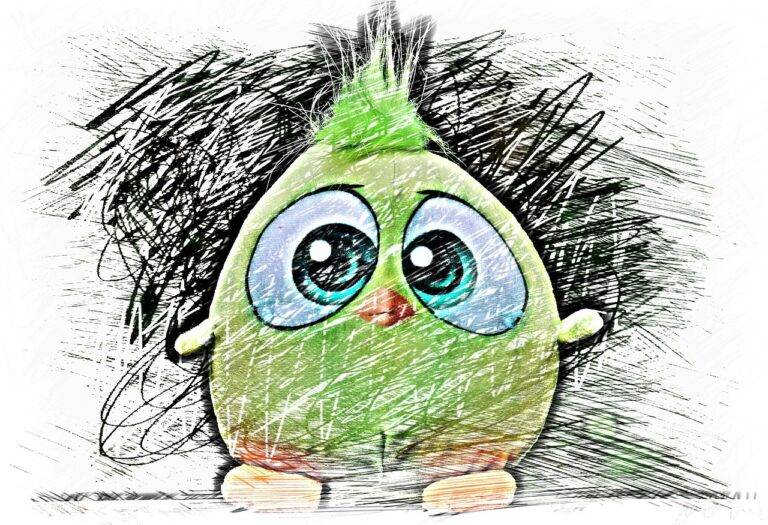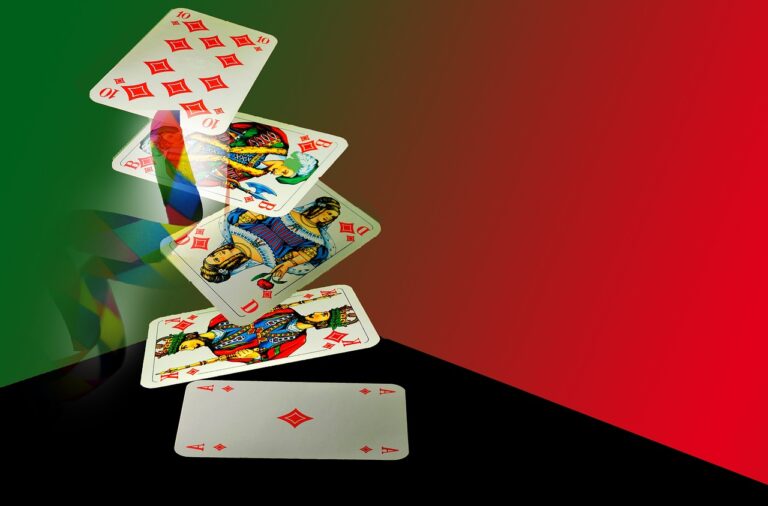Enhancing Educational Entertainment with Interactive Music Therapy Sessions: Allpannel, Lotus bhai, Allpaanel com mahadev book login
allpannel, lotus bhai, allpaanel com mahadev book login: Enhancing Educational Entertainment with Interactive Music Therapy Sessions
Are you looking for innovative ways to engage students and enhance their learning experience? Interactive music therapy sessions might be just the solution you need! Music therapy has long been recognized for its therapeutic benefits, but it can also play a significant role in educational settings.
Incorporating music therapy into educational entertainment can help students improve their focus, memory retention, and overall wellbeing. By integrating interactive elements into music therapy sessions, educators can create a dynamic and engaging learning environment that will leave a lasting impact on students.
Here are some ways that interactive music therapy sessions can enhance educational entertainment:
1. Improving Focus and Attention
Interactive music therapy sessions can help students improve their focus and attention span. By incorporating movement, rhythm, and interactive activities into music therapy sessions, educators can help students stay engaged and focused throughout the learning process.
2. Enhancing Memory Retention
Music has been shown to have a powerful impact on memory retention. By using music therapy techniques such as rhythm, melody, and repetition, educators can help students retain information more effectively and improve their overall learning outcomes.
3. Promoting Emotional Wellbeing
Music therapy has been proven to reduce stress, anxiety, and improve overall emotional wellbeing. By incorporating music therapy into educational entertainment, educators can create a supportive and nurturing environment where students feel safe and supported.
4. Stimulating Creativity and Imagination
Interactive music therapy sessions can stimulate creativity and imagination in students. By encouraging students to participate in creative activities such as songwriting, improvisation, and musical storytelling, educators can help students unleash their creative potential.
5. Building Social Skills
Music therapy sessions can help students build social skills and develop positive relationships with their peers. By encouraging collaboration, communication, and teamwork, educators can create a supportive and inclusive learning environment that promotes social interaction and cooperation.
6. Providing a Multisensory Learning Experience
Music therapy provides a multisensory learning experience that engages students on multiple levels. By incorporating visual, auditory, and kinesthetic elements into music therapy sessions, educators can create a dynamic and immersive learning experience that caters to students’ diverse learning styles.
In conclusion, interactive music therapy sessions have the potential to enhance educational entertainment by improving focus, enhancing memory retention, promoting emotional wellbeing, stimulating creativity and imagination, building social skills, and providing a multisensory learning experience. By incorporating music therapy into educational settings, educators can create a dynamic and engaging learning environment that will benefit students both academically and emotionally.
FAQs
Q: How can educators incorporate music therapy into their teaching practice?
A: Educators can incorporate music therapy into their teaching practice by using music, rhythm, movement, and interactive activities to engage students and enhance their learning experience.
Q: Are there any specific qualifications required to facilitate music therapy sessions in educational settings?
A: Yes, music therapists who facilitate music therapy sessions in educational settings typically have a degree in music therapy and are board-certified by the Certification Board for Music Therapists (CBMT).
Q: How can educators evaluate the effectiveness of music therapy sessions in enhancing educational entertainment?
A: Educators can evaluate the effectiveness of music therapy sessions by collecting feedback from students, observing students’ engagement and participation levels, and assessing students’ academic performance before and after participating in music therapy sessions.







